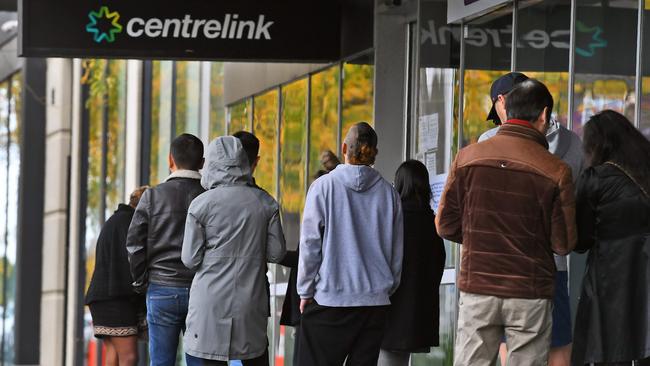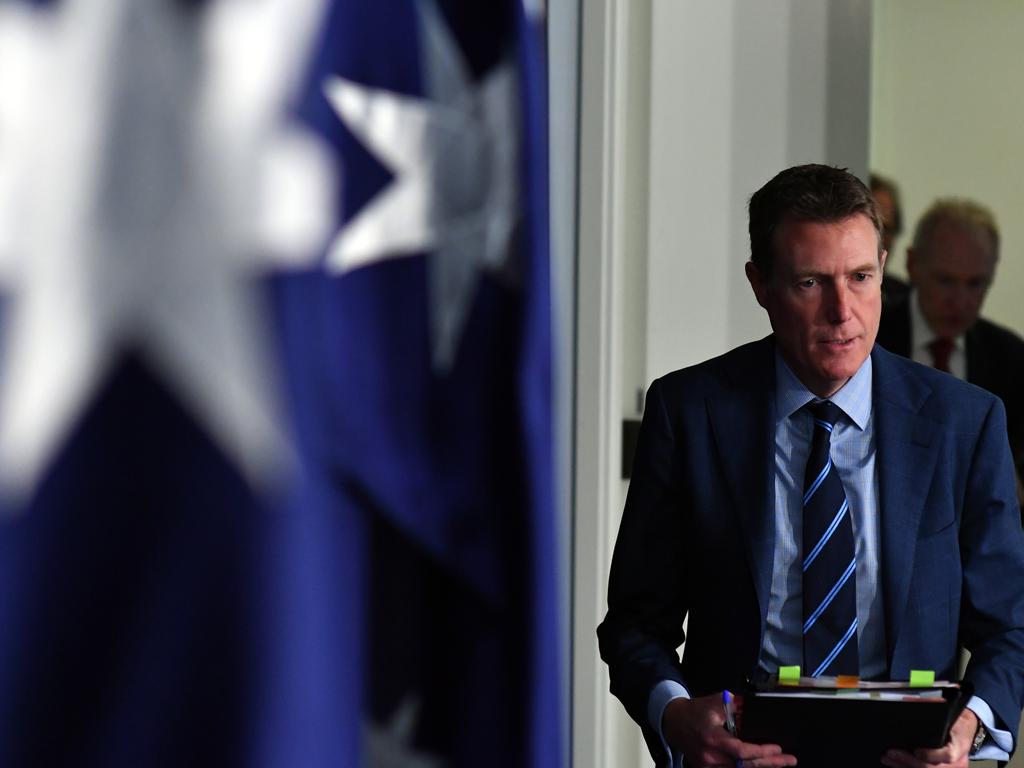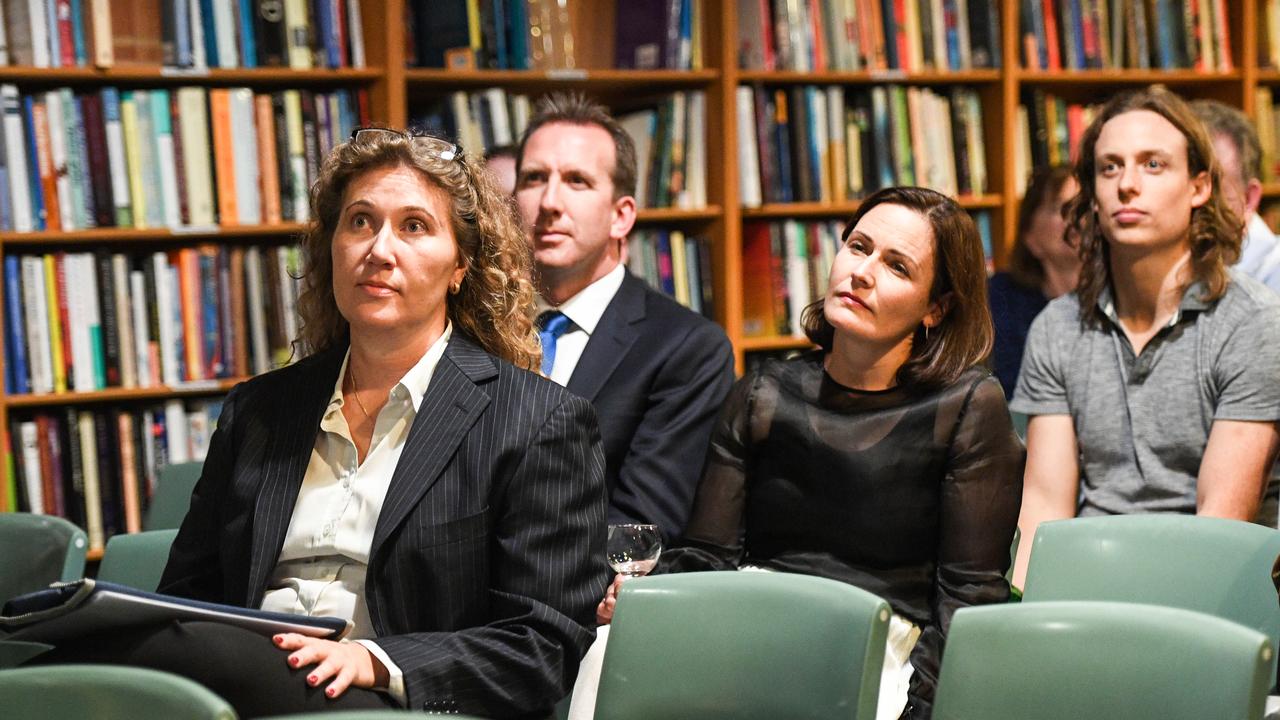Workers know a job is better than no job
Labor and the unions appear set to oppose the Coalition’s IR reforms — but what would they know about a real job?

In the early 1980s, I worked in the central office of the commonwealth government department responsible for securing the implementation of awards determined by the (then) Conciliation and Arbitration Commission, now termed the Fair Work Commission. During the 1982-83 recession, unemployment rose to more than 10 per cent. This was at a time when Australia’s industrial relations was more centralised.
At the time, it came to the department’s attention that, in some hard-hit areas of Australia, workers had petitioned their employers to work fewer hours, and thereby receive less weekly pay than that prescribed under existing awards. Often employees agreed with each other on this so that the employer did not need to lay off staff.
Such agreements made sense. However, if they were not sanctioned by the commission they were illegal. And many employers did not wish to apply for a legal exemption since this could become public knowledge and let competitors know of their economic plight. Unfortunately, such flexibility was not possible at the time and some workers joined the unemployment queues while some businesses closed.
Following the economic reforms of the Labor governments led by Bob Hawke and later Paul Keating, the inflexible system was made more flexible in the early 90s by the introduction of enterprise bargaining agreements negotiated between employers and employees. When the Coalition came to office in 1996, John Howard attempted to introduce more flexibility into the system, with some success. The combined impact of the recessions of the mid-70s, early 80s and early 90s led to the economic reforms of the 80s, 90s and early 2000s. The long-term effects of this reform process brought about a situation whereby, at the start of the pandemic recession, the Australian economy was among the best performing in the Western world.
In the wake of the Howard government defeat in 2007 and, with it, the demise of his Work Choices legislation, the Labor governments led by Kevin Rudd and Julia Gillard set about increasing the level of regulation in the IR system. The Coalition governments led by Tony Abbott, Malcolm Turnbull and Scott Morrison have done little to undo the Rudd-Gillard legislation — primarily because none had an automatic majority in the Senate.
Economic reform in Australia usually takes place following an economic shock of some kind. That made Work Choices difficult to sustain, since the economy was in good shape during the Howard years. The Morrison government, following discussion with trade union leaders and employer groups, now has set itself on a course of moderate IR reform to deal with the consequences of the 2020 recession.
On Wednesday, Industrial Relations Minister Christian Porter delivered the second reading speech of the Fair Work Amendment Bill 2020. As Porter said, this is not an “ideologically based” legislation. Rather “it is founded on a series of practical, incremental solutions to key issues that are known barriers to creating jobs”.
In the 1982-83 recession, Australia’s highly regulated IR system was an impediment to economic recovery in general and the reduction in unemployment in particular. The current bill is designed to facilitate economic recovery and employment growth. A crucial part of the proposed legislation is aimed at hospitality and retail industries, which have been hit especially hard by the pandemic recession.
For a limited period of two years, the government wants to make it possible for the FWC to approve revised agreements previously negotiated between employers and employees with respect to wages and conditions under the better-off-overall test.
Currently, for the most part, agreements between employers and employees will not be approved if the latter are not judged to be better off overall.
The government wants to make it possible for the FWC to approve an agreement to which the BOOT standard does not apply, but only after assessing the circumstances of the employees, employers and employer organisations covered by the agreement and the impact of COVID-19 on the business in question plus the overall public interest.
In other words, it might be possible for an employee to not be better off as a result of the revised agreement — but only for two years, by which time it is anticipated that the economic recovery would have taken place throughout the whole economy, including the hospitality and retail industries.
So far, Australia’s economic recovery appears to be going well. But next year will bring its difficulties as JobKeeper and JobSeeker payments will be abolished or reduced. Some businesses forced to close down during the lockdowns — especially in Greater Melbourne, where the lockdowns were most extensive — are not likely to reopen.
On the basis that a job is infinitely better than no job, it makes sense for the industrial relations system to be more flexible than is currently the case. Yet early indications are that both the Labor Party and the trade union movement, through the ACTU, is opposed to the Morrison government’s non-ideological reform proposals.
And here’s the problem. Since early in the 20th century, the trade union movement has had the right to negotiate the pay and conditions of those entitled to be trade union members — even if they are not union members. Currently only 9 per cent of private sector workers are trade union members.
Yet ACTU leaders Sally McManus and Michele O’Neil proclaim the right to negotiate for hospitality and retail workers in, say, Launceston and Townsville irrespective of their wishes. That is akin to the situation that prevailed in the early 80s with deleterious effects on employment.
Workers better understand the economic circumstances of the businesses that employ them than trade unions executives in Melbourne or Sydney.
Gerard Henderson is executive director of the Sydney Institute.







